 |
| February 15, 2022 |
 |
| |
| |
| |
| |
| |
| |
| |
| |
| |
| |
| Public Health Guinea Worm Disease Nears Eradication Just 14 cases of the scourge that once infected millions of the world's poorest people were reported last year. But infections in animals complicates efforts to stamp it out | | By Freda Kreier,Nature magazine | | | |
| |
| |
FROM THE STORE
 | | | |
| |
FROM THE ARCHIVE
 | | How COVID Changed Science What is unprecedented is not just the speed and focus with which the community responded to the pandemic but also the singular willingness of scientists all over the world to share new ideas and data immediately and transparently By William A. Haseltine | May 2021 | | |
| QUOTE OF THE DAY
 "We assembled this collection of stories to reflect on how COVID has already changed our world, as well as how our world has been resistant to change--even when a virus disrupts everything, even when it shows us what we need to change the most." Jen Schwartz, senior editor of features at Scientific American | |
LATEST ISSUES
 |
| |
| Questions? Comments?  | |
| Download the Scientific American App |
| |
| |


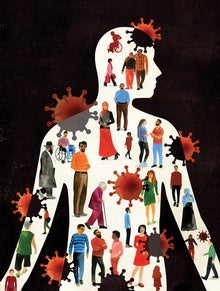
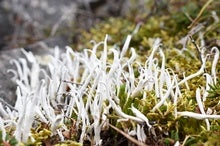
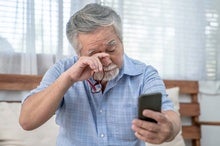
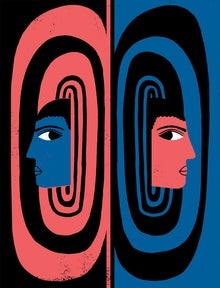
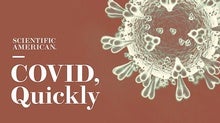

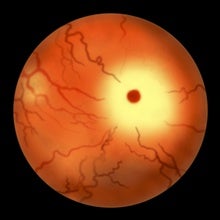
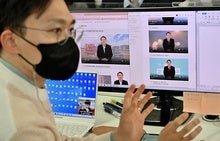
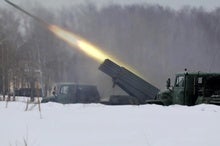
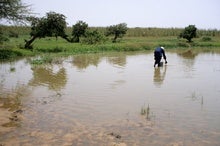


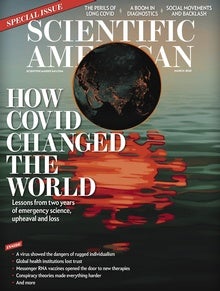



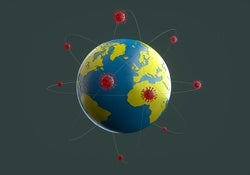
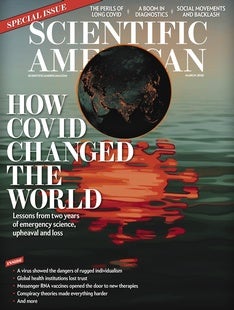

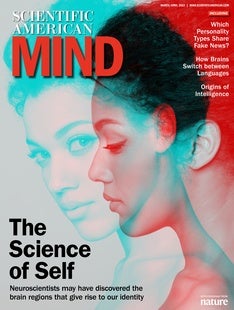
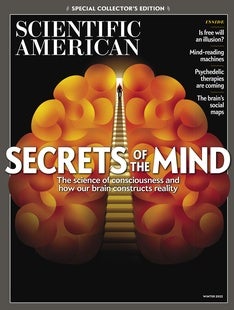
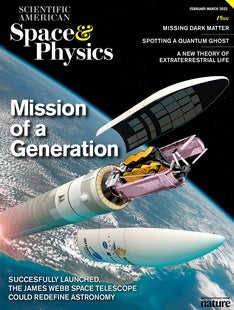



Comments
Post a Comment